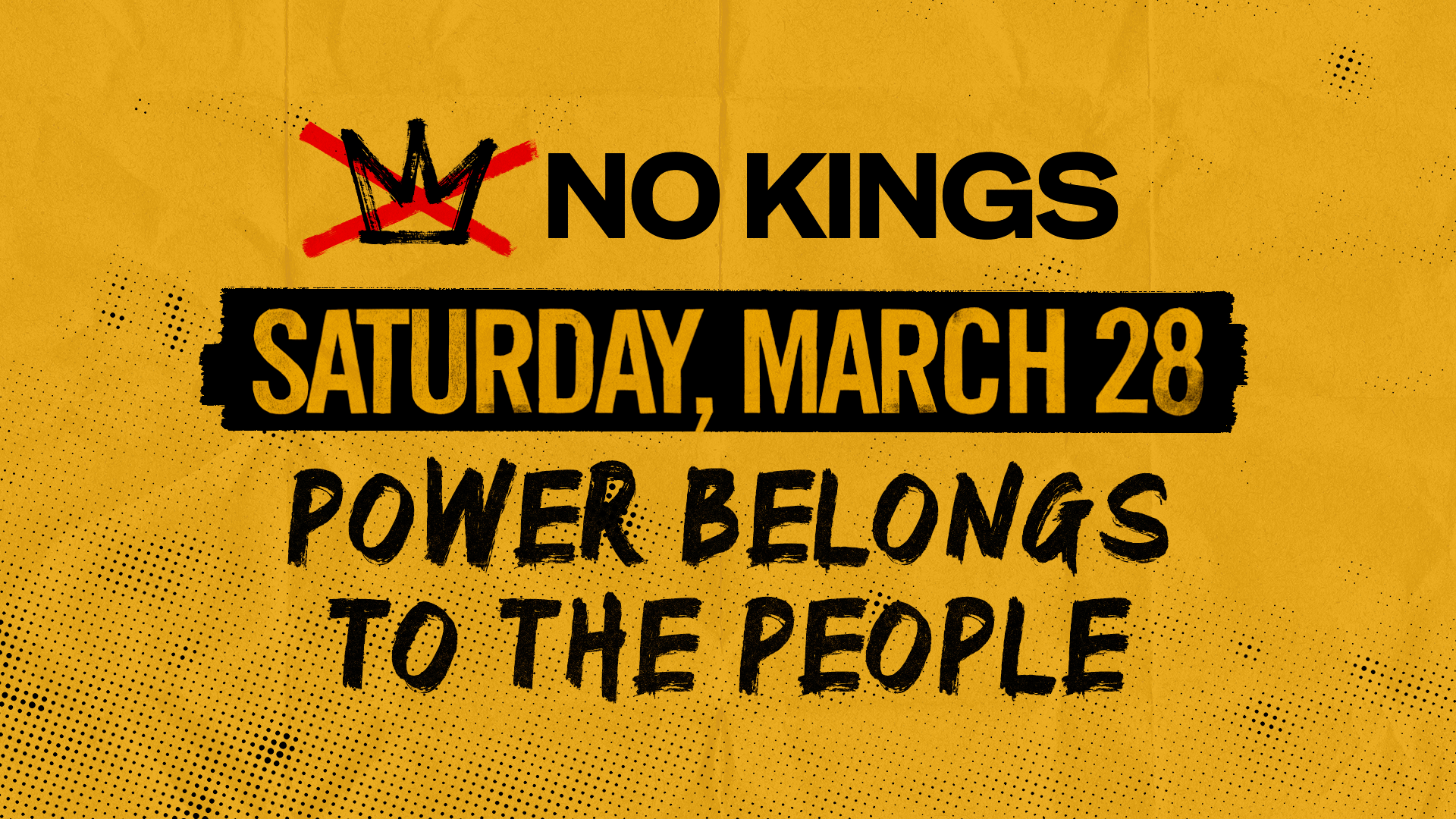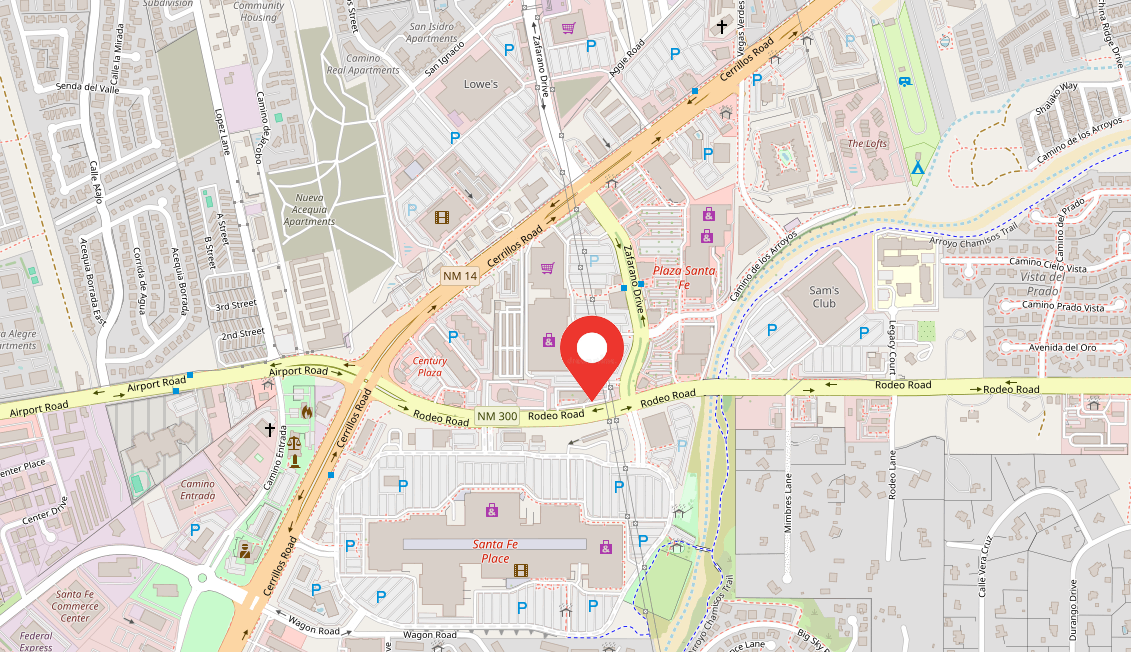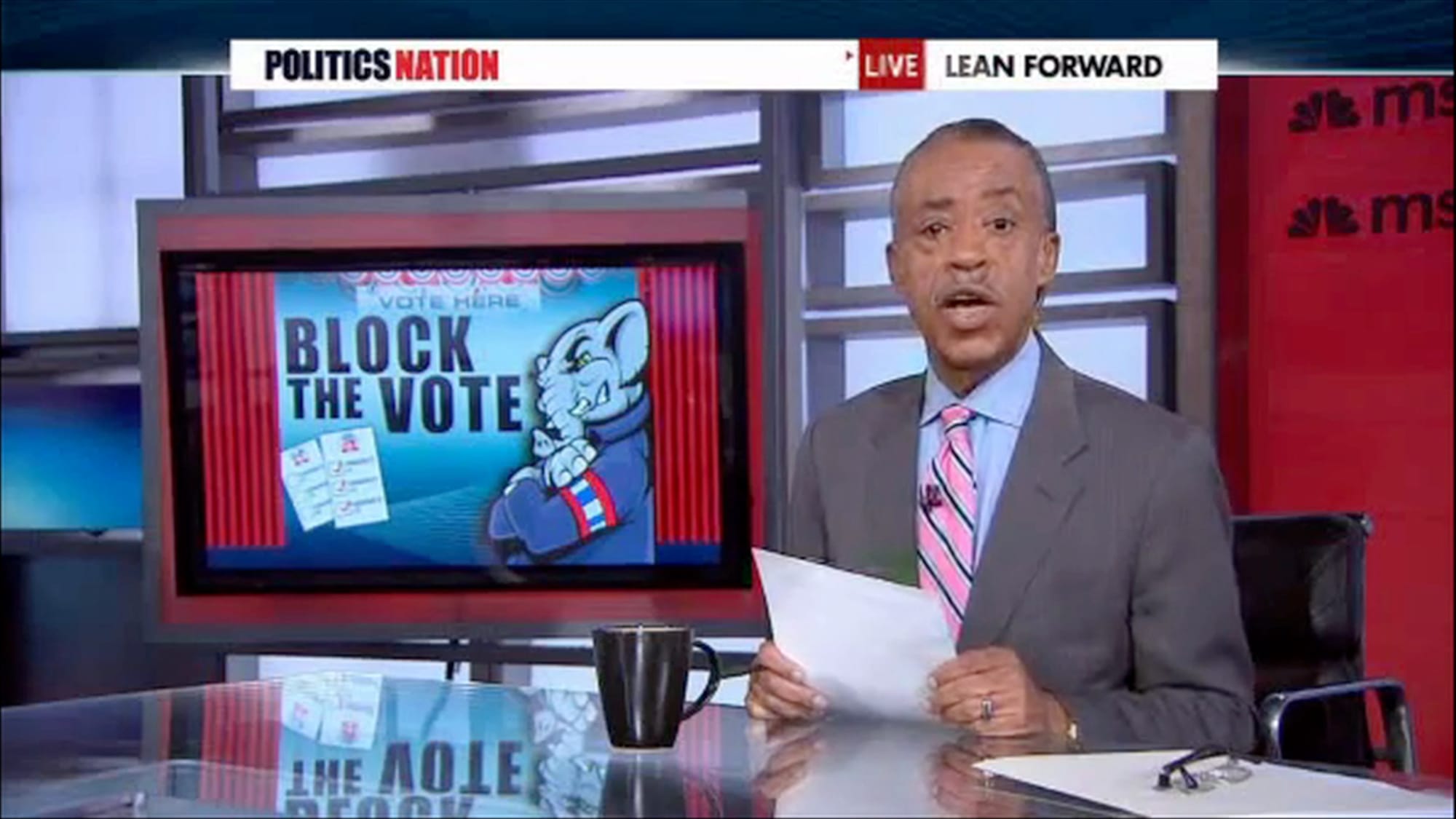In case you’re not yet feeling sufficiently depressed, here’s a book to bring you down a few more notches. Anne Applebaum is a winner of the Pulitzer Prize and has an inside take on world affairs. I would argue that she also tends to oversimplify the difference between democracies and autocracies, and that things are not quite as straightforward as she makes them sound. Other than that, I found what she wrote important and elucidating, albeit also depressing.
We assume, for instance, that Putin has some dirt on tRump, but why is Putin eager to destroy American democracy (which, I would argue, was not exactly thriving before the current regime)? Applebaum’s thesis is that autocratic and kleptocratic leaders (the two have significant overlap!) want to discourage their populations from rebelling, partly by painting a bleak picture of democracy in other countries. If everything everywhere is terrible, then people are less likely to fight for regime change.
As to how autocracies persist despite widespread, vocal, and highly visible citizen disapproval, Applebaum shows how different regimes prop each other up and sell each other tools for population surveillance and repression. What good are sanctions when other countries happily step in to fill the gap? How do you organize a successful resistance movement when government successfully spies on your communications?
Much of what people throughout the world believe about, for example, the war in Ukraine comes from propaganda put out by authoritarian regimes. Applebaum describes in frightening detail the use of media to influence public opinion. I for one was shocked by how widespread such influence is.
The book is depressing for a couple of reasons. Unlike Chenoweth’s 3.5% rule [https://indivisiblesantafe.org/lets-talk-about-that-3-5-idea/], Applebaum feels that mass protests do not necessarily topple regimes, since regimes do not require popular support. The sheer power of these regimes when they cooperate together can seem overwhelming; how can resistance ever succeed in those conditions? And finally, her suggested solutions, while seemingly on target, would also be extraordinarily difficult to implement. On the other hand, cowardice gets us nowhere, so let’s look at those solutions in brief.
Applebaum’s first solution is “put an end to transnational kleptocracy” by making financial transactions transparent. For example, people should not be able to buy real estate without revealing their identities, nor should anyone be able to hide money in tax havens. The solution will require international cooperation. Her second solution is to undermine, rather than fight, the information war. The damage done by Facebook, X, and TikTok can be halted or at least dramatically reduced through regulation. (I write about Facebook more here: https://indivisiblesantafe.org/book-review-careless-people-a-cautionary-tale-of-power-greed-and-lost-idealism/.)
Her third solution is to reduce our dependence on China and Russia for minerals, semiconductors, and energy. Our dependence affects our ability to stand firm on human rights; it also makes us susceptible to economic blackmail—the ability of Russia, for example, to raise prices on fuel that ratchet up other prices, with inflation then bringing down governments throughout the world. There are other options.
Finally, she suggests that democratic regimes work together, internationally, to support the kinds of systems we wish to see and to resist autocracy jointly.
If you’re not up to becoming more depressed, don’t read the book. If you’re strong enough to handle it, the book does provide an important counter-balance to the optimism spread by the 3.5% “rule” and some specific if extremely difficult ideas as to how to protect and restore democracy, not just here in the US but throughout the world.
















